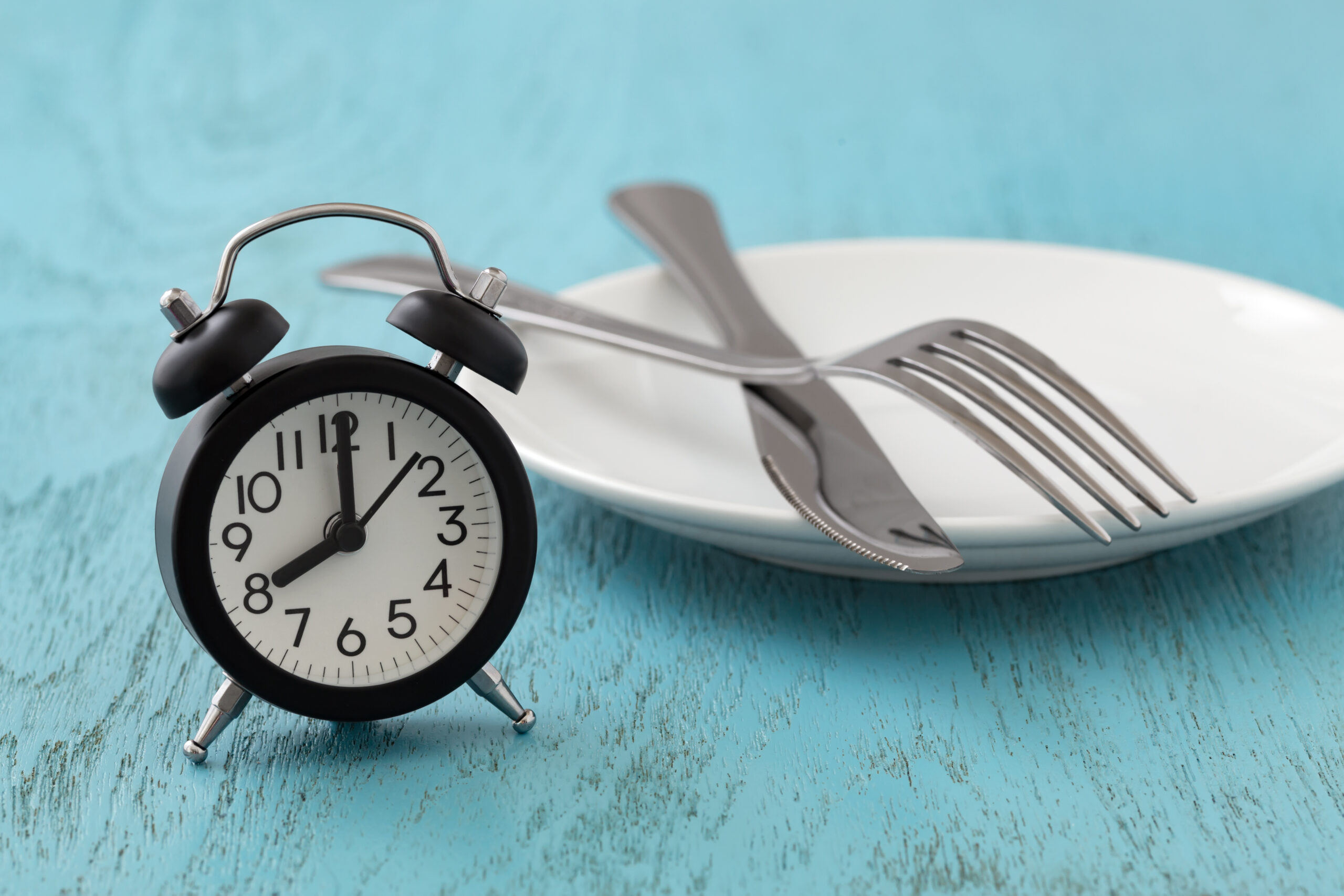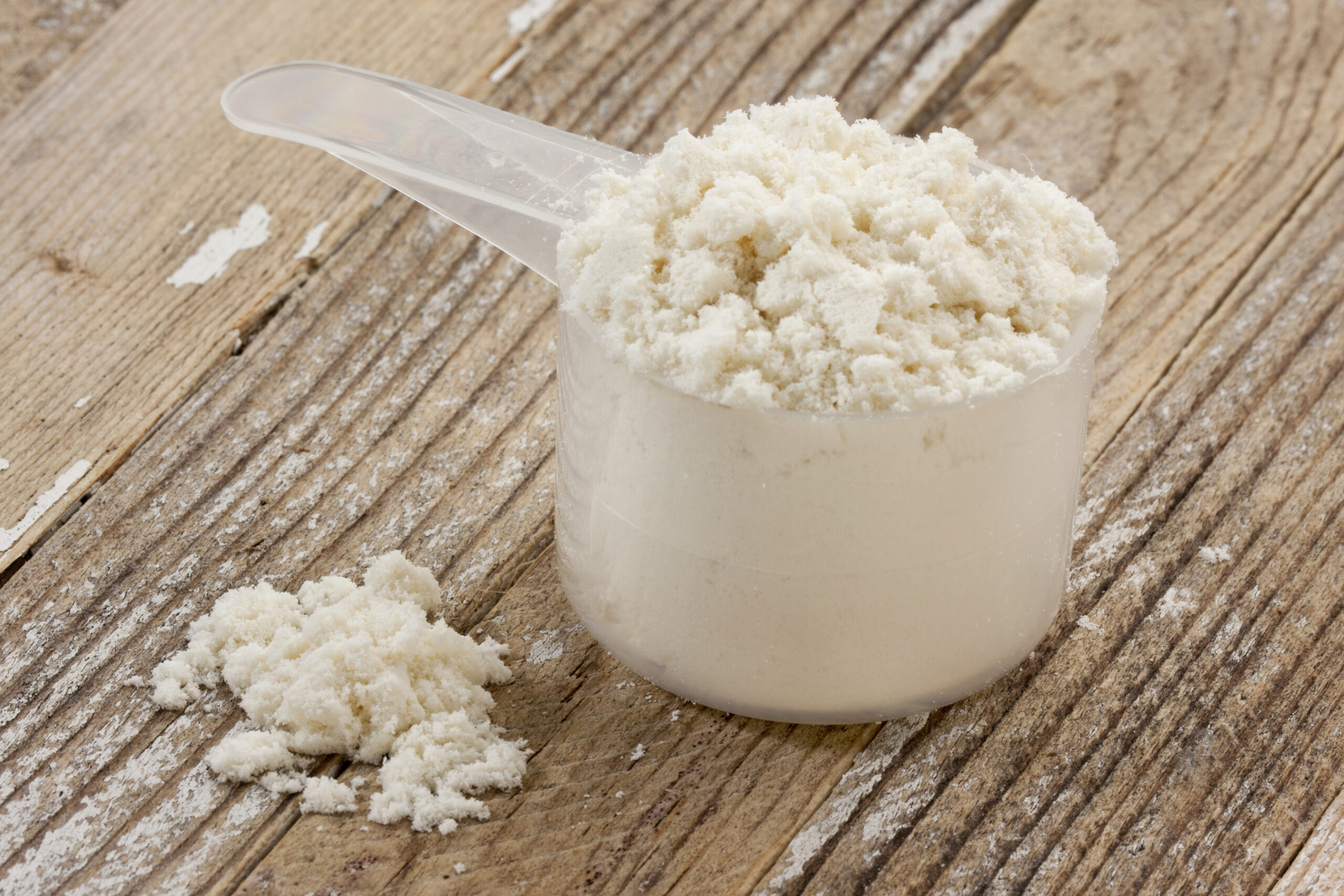The idea behind fasted workouts seems intuitive: if you exercise before eating, your body will dip into fat stores for fuel, and you’ll lose more weight! Based on this seemingly infallible logic, the practice has gained huge traction, particularly within the intermittent fasting community and among early risers trying to squeeze in a quick session before breakfast.
But is skipping breakfast the secret weapon it’s made out to be? Do you really burn more fat if you exercise in a fasted state?
In this article, we’ll explore what fasted exercise actually does, where it might help, and when it might backfire.
What Is Fasted Exercise, Exactly?
Fasted exercise refers to working out after a prolonged period without food which is usually first thing in the morning, after an overnight fast. The idea is to train in a low-insulin state, where your body may be more likely to burn fat as fuel.
In practice, this can look a little different for everyone. Some people do truly fasted workouts by consuming no food or drink beforehand except water, while others allow themselves black coffee or tea, which don’t break the fast but can provide a little energy boost. Some more flexible versions include a small amount of protein like collagen powder or branched-chain amino acids (BCAAs), particularly to protect muscle during exercise. Whatever the approach, the non-negotiable rule is that no substantial carbohydrate or fat is consumed beforehand, so the body is still running in a “fasted” state.
This approach is most commonly paired with low- to moderate-intensity workouts like walking, cycling, yoga, or steady-state cardio, though some people also attempt strength or high-intensity sessions in a fasted state.
Does It Burn More Fat? Sort of…
Studies do show that exercising in a fasted state increases fat oxidation which means your body uses a higher percentage of fat for fuel during the session.
Sounds like a win, right?
Well, not necessarily. Just because you burn more fat during the workout doesn’t mean you’ll lose more fat overall as total body fat loss is primarily driven by your overall calorie balance over time (how much you consume versus how much you expend.
If you are strict and eat exactly the same amount of food as you would have had you not exercised in a fasted state, the net result will be more weight loss. However, this is more difficult in practice, especially as people tend to overeat to “reward” themselves after a tough fasted session.
In short: you might burn more fat during the workout, but it won’t make much difference unless your overall diet supports fat loss.
Other Reasons People Try Fasted Exercise
Beyond fat burning, some advocates suggest fasted workouts improve metabolic flexibility, insulin sensitivity, and even boost growth hormone levels. These claims are partly true as fasted training may enhance the way your body switches between fuel sources, and there’s some evidence it can help with insulin control in certain contexts.
However, the effects are generally modest and may not outweigh the downsides for everyone. Growth hormone spikes after fasting or exercise are short-lived and don’t necessarily translate to greater muscle gain or fat loss. Ultimately, many of the touted benefits are still under investigation and may be more relevant for elite athletes or people with very specific goals than the average person.
The Trade-Off — Performance Can Suffer
What’s more, those marginal fat loss gains don’t come for free with one of the biggest downsides being that you might not perform at your best.
Without food in your system, glycogen (your body’s quick-release energy) is low. That can mean reduced strength, slower sprint times, and faster fatigue, especially for high-intensity interval training (HIIT), weightlifting, or endurance sessions.
You may also struggle to recover effectively if you don’t refuel properly after your session. That can impact muscle growth, energy levels, and motivation to keep training consistently.
When Fasted Exercise Makes Sense
Despite the drawbacks, there are times when fasted training can make sense. Some people simply feel better working out on an empty stomach as they feel lighter, clearer-headed, and less bloated. It can also be a smart way to build consistency, especially if you’re short on time in the mornings.
It also depends on the exercise you’re doing, with fasted walks, yoga, or light zone 2 cardio being ideal candidates. These low-intensity activities don’t rely heavily on glycogen and can be done without any real loss in performance. These types of exercise are also ideal candidates for early-day habit stacking (like a walk before breakfast or yoga before showering), meaning they can become an easy, energising start to the day.
When to Skip It
But fasted workouts aren’t for everyone. So, if you’re trying to build muscle, train at high intensity, or notice that you feel dizzy or drained without food, they’re probably not for you, instead, it’s best to fuel up first.
Women (especially those with hormone sensitivity or menstrual irregularities) may be more vulnerable to the stress of fasted training. Some research suggests that chronic fasted exercise can negatively affect hormonal health in women, particularly if calorie intake is also low.
As always, listen to your body. If you feel depleted, anxious, or overly fatigued after fasted sessions, it’s a sign to reassess.
TLDR – Fuel It or Fast It?
Here’s your ‘Too Long Didn’t Read’ summary!
Yes, fasted workouts can help but they’re not a miracle shortcut. While you might burn more fat during the workout itself, the bigger picture still matters more, that is, what you eat, how you recover, and whether you’re staying consistent. If fasted training fits your schedule, makes you feel good, and helps you stay consistent? Great. But if you prefer a snack before your sweat session, you’re not missing out on that much.
The bottom line: there’s no need to train hungry unless you feel it works for you.



